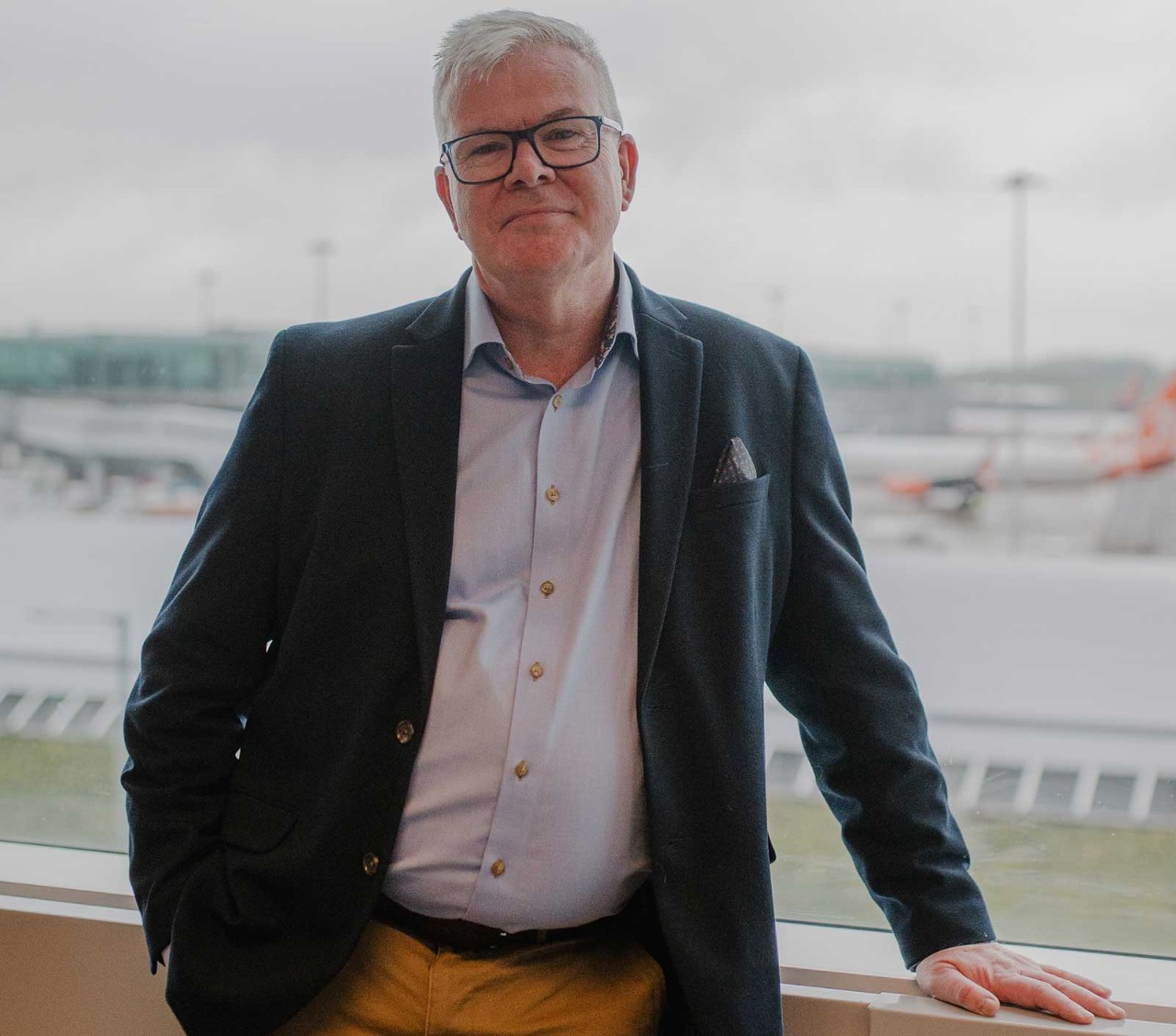
When Catalina Cotoara FCCA launched her own practice, she wanted to offer small businesses the level of financial expertise that is traditionally reserved for large companies. She also wanted greater flexibility in her working life. ‘I wanted to be able to work from where I wanted, when I wanted,’ she explains.
Cotoara’s practice – Finance Director London – began as a side hustle after a friend asked her to act as the finance partner for his new business back in 2017. It grew through word of mouth until, in 2023, Cotoara decided to leave her day job to work on her practice full time. Today, she has a team of three – comprising her, a bookkeeper and a financial controller. She also employs an external contractor to manage her social media.
‘We never just do accounting’

Strategic focus
‘We are finance business partners to our clients,’ is how Cotoara sums up her business proposition. ‘We focus on providing strategic financial advice and helping businesses to gain the insight and support they need to grow and succeed.’ While the practice supports its clients with bookkeeping and accounting services should they need them, Cotoara is clear that ‘we never just do accounting’.
Currently, the practice works with 14 clients in the tech and media sectors, mostly with turnover of between £500,000 and £5m. It’s no accident that its clients come from these two sectors either. Cotoara’s own background is in media; she was the finance director for media company Simply Media (see the AB interview) for more than a decade. She also gets on well with people who work in technology, saying that they ‘appreciate good financial advice’.
Cotoara believes her practice adds the most value to clients with a turnover around the £1m mark. ‘At that level of turnover, they have probably grown organically rather than through acquisition,’ she says. ‘And unless they have someone diligent on the financial side, their systems are probably not up to date. That’s where we can come on board and improve the systems, improve the processes and introduce proper forecasting and management reports. We bring order to their finances and clarity to their strategic planning so they can achieve their vision.’
Learning curve
During her time at Simply Media, Cotoara simultaneously acted as finance director for some of the company’s connected businesses, including Reader’s Digest UK. She has also worked for two other media companies in the UK as well as an accountancy practice in her native Romania. But despite her wealth of business experience, she still faced challenges when she began running her own business full time.
‘Nothing prepared me for running my own business,’ she recalls. ‘I had to be the salesperson, I had to be the marketer, I had to do PR, I had to do networking. That was a big learning curve for me.’
‘You don’t need to be perfect; you just have to be good enough’
She also had to tackle her limiting beliefs – one of which is that she can’t talk on behalf of her business. ‘I’ve been working hard to break through this,’ she explains, ‘and say, “Yes, I can talk. I can tell stories. I can be out there and represent my business”.’
A further challenge has been addressing her perfectionist tendencies. ‘I’ve learned that while perfection may be good when it comes to numbers, in a lot of other business instances, you don’t need to be perfect,’ Cotoara says. ‘You just have to be good enough.’
Network bonus
While Cotoara needed to learn new business skills, being a qualified accountant proved to be an excellent foundation for becoming an entrepreneur. ‘Accountants are very good at managing risks, taking decisions and planning the business in such a way to ensure continuity and growth,’ she says.
What’s more, as a budding entrepreneur, Cotoara found that belonging to the ACCA network was a great bonus. She watched ACCA webinars to learn how other members had built their own practices and she was matched with a mentor through ACCA’s mentoring programme. She also had a valuable conversations with members who shared experiences of providing similar services to the one Cotoara had in mind.
‘What matters is how you react to what’s thrown at you and how you adapt and pivot’
Cotoara’s advice for other accountants looking to start their own practice is to just do it ‘because the best moment is right now’. She says: ‘It doesn’t matter how much experience you’ve been accumulating. What matters is how you react to what’s thrown at you and how you adapt and pivot. There’s no better way of learning than starting to do it.’
Accountants who want to run a practice like hers should be curious, strategic and comfortable with uncertainty, according to Cotoara. They must also be prepared to interrogate their clients’ numbers.
‘It’s about asking why numbers look the way they do rather than just what they are,’ she explains. ‘It’s also about helping clients spot opportunities such as margin improvements, funding options, pricing models and becoming part of the strategy setting – not just the back-office engine.’
She adds that as an entrepreneur, you need to ‘grow and become the person your business needs you to be’.
While running a business brings its challenges, Cotoara values the rewards it offers. She takes pride in watching her practice grow and seeing the ‘positive impact that my advice, and my team’s advice, has on the growth journey of our clients’. The flexibility she has built into her practice allows her to better manage her time while staying agile in meeting client needs.
‘Since I started my business, I feel so much more fulfilled,’ Cotoara concludes. ‘I’m proud of myself and proud of who I have become. It’s really changed my life.’


